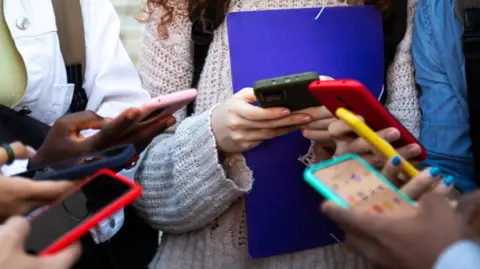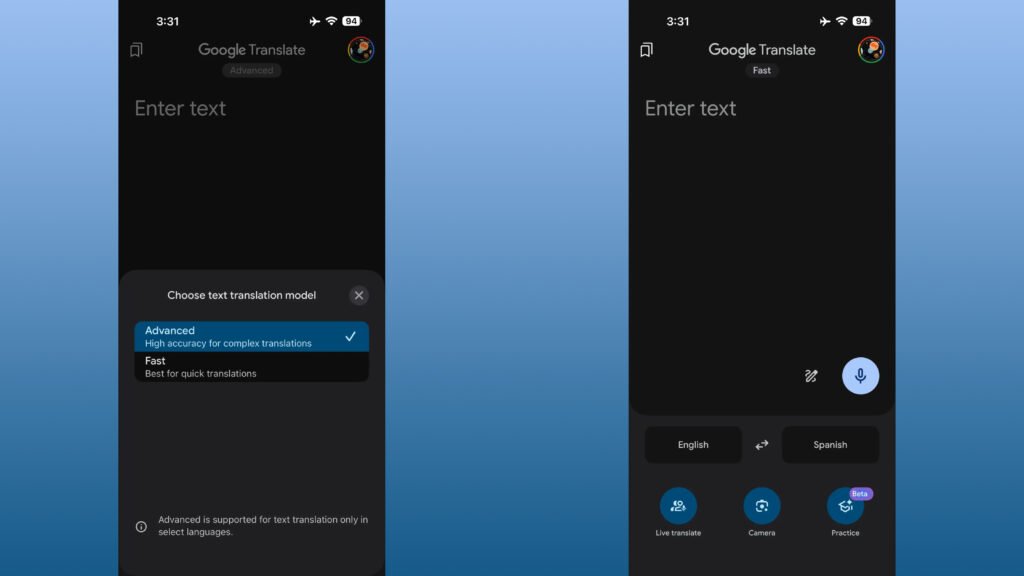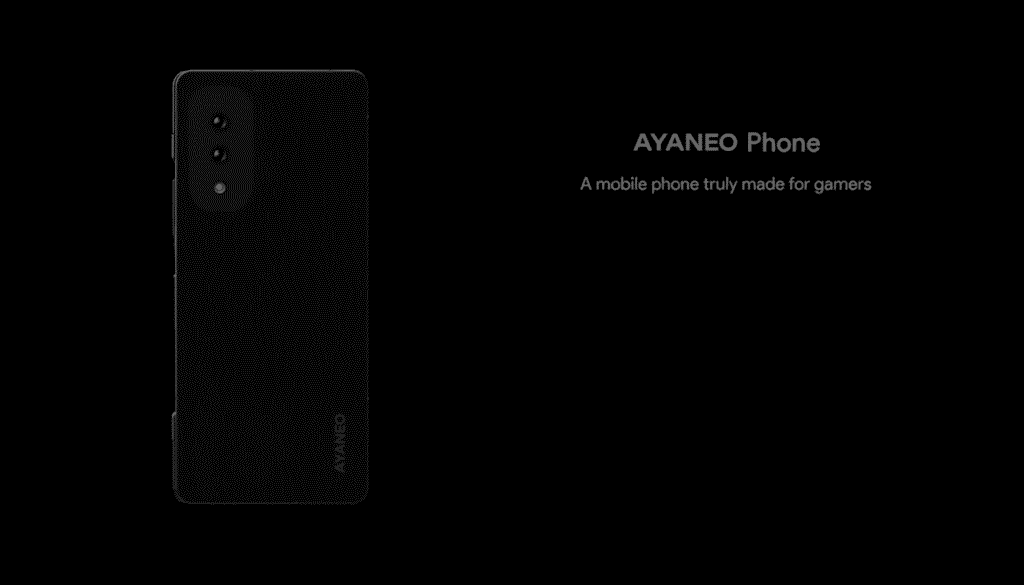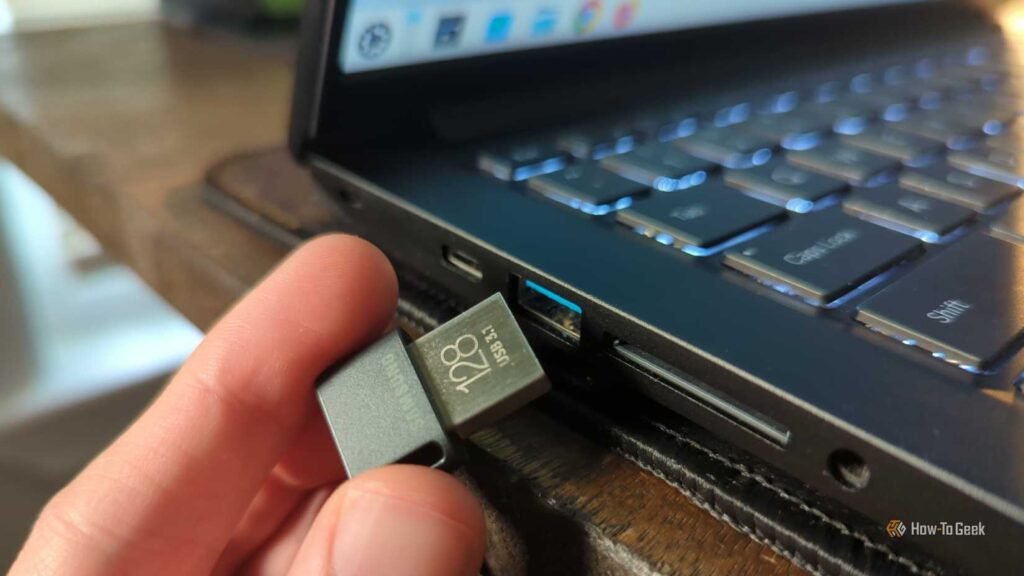Laura CoffeyNorthamptonshire political reporter, Earls Barton and Duston

 Getty Images
Getty ImagesAs a council considers whether guidance should be issued to schools about smartphone use, what do students from primary and secondary schools in Northamptonshire think about phones in school?
In September, West Northamptonshire Council agreed to hold a consultation over whether advice should be given to its schools about smartphones.
The campaign group, Smartphone Free Childhood, has called on parents not to give children smartphones before their 14th birthday.
Daisy Greenwell, the co-founder and director of Smartphone Free Childhood, said: “Smartphones and schools don’t mix. We all know the addictive pull of these devices makes it incredibly hard for children to concentrate, focus and learn.”


Earls Barton Primary School in Northampton introduced a smartphone ban at the start of this academic year.
Maggie, 10, who is in Year 6 and has an iPhone 13, said the ban was good and protected pupils from some social media.
She said social media can make girls feel “a bit insecure about their bodies because some people tell them like, ‘oh you should wear this or you should do that’. It can make them more insecure about themselves.”
She said she got her phone to “contact my parents to know that I’m safe when I walk to the park on my own to meet up with a friend and mostly I just play games on it like Roblox”.


Ethan, 10, who is a pupil at Earls Barton Primary School and has had an iPhone 8 since the start of the school year, said: “I don’t really need a good [phone].
“I just text my friends and maybe text my parents if I get in any trouble.”
Ethan said his parents gave him the phone because he started going out on his own more and added he has mixed views about the smartphone ban at school.
“I’m on both sides because if you get in like trouble or hurt ourselves or fall over… then we would need to contact [your parents].
“But then it’s also a good thing that we don’t have [smartphones in school] because we could just focus and we [won’t] be distracted.”
He added that he thought overall the ban was “better” for him and he would welcome one when he attends secondary school.


Ameerah, 17, said she got her first smartphone when she was eight years old when she began walking to and from school on her own and going to the park with friends.
Her parents used the phone to see her location, she said, and although they put controls on her first phone they became more lenient when she went to a secondary school.
Ameerah said she has age restrictions in place on some of her social media so she cannot see all content.
She added she spent about “six hours a day” on her phone contacting people and on social media apps such as Snapchat, Instagram and TikTok.


Deniz, 17, was in the first year of secondary school when she got a smartphone after she began walking to school by herself.
She is now in her final year of sixth form at The Duston School, Northampton, and said she used her phone mostly for social media.
Deniz estimated she spent about four hours a day on her phone during the week – but the figure goes up at weekends and during half-term.
Students at The Duston School are allowed a limited access to their phones.
She said she has mixed feelings about the policy as “it definitely has its benefits and drawbacks”.
“The benefits are you can access work that’s been set if the computers are all full, but the drawbacks are you can get carried away and just start scrolling,” she said.
Working with parents


Beth Griffiths, a science teacher and co-head of Year 13 at The Duston School, Northampton, said: “We obviously work very closely with parents we are aware that a lot of parents are acting in the best interest they believe of their child by giving them the smartphones, but I also think the vast majority of parents fully support not using them in school.”
During the full council meeting in September, Kathryn Shaw, a Reform UK councillor and cabinet member for children, families and education, said: “We can provide guidance, consultation and leadership, but we cannot enforce policy across trusts.”
The Department for Education guidance on mobile phones sets out four options that schools could use, including asking students to hand devices in upon arrival, storing phones securely, asking they be kept out of sight or unused, or banning them entirely.







